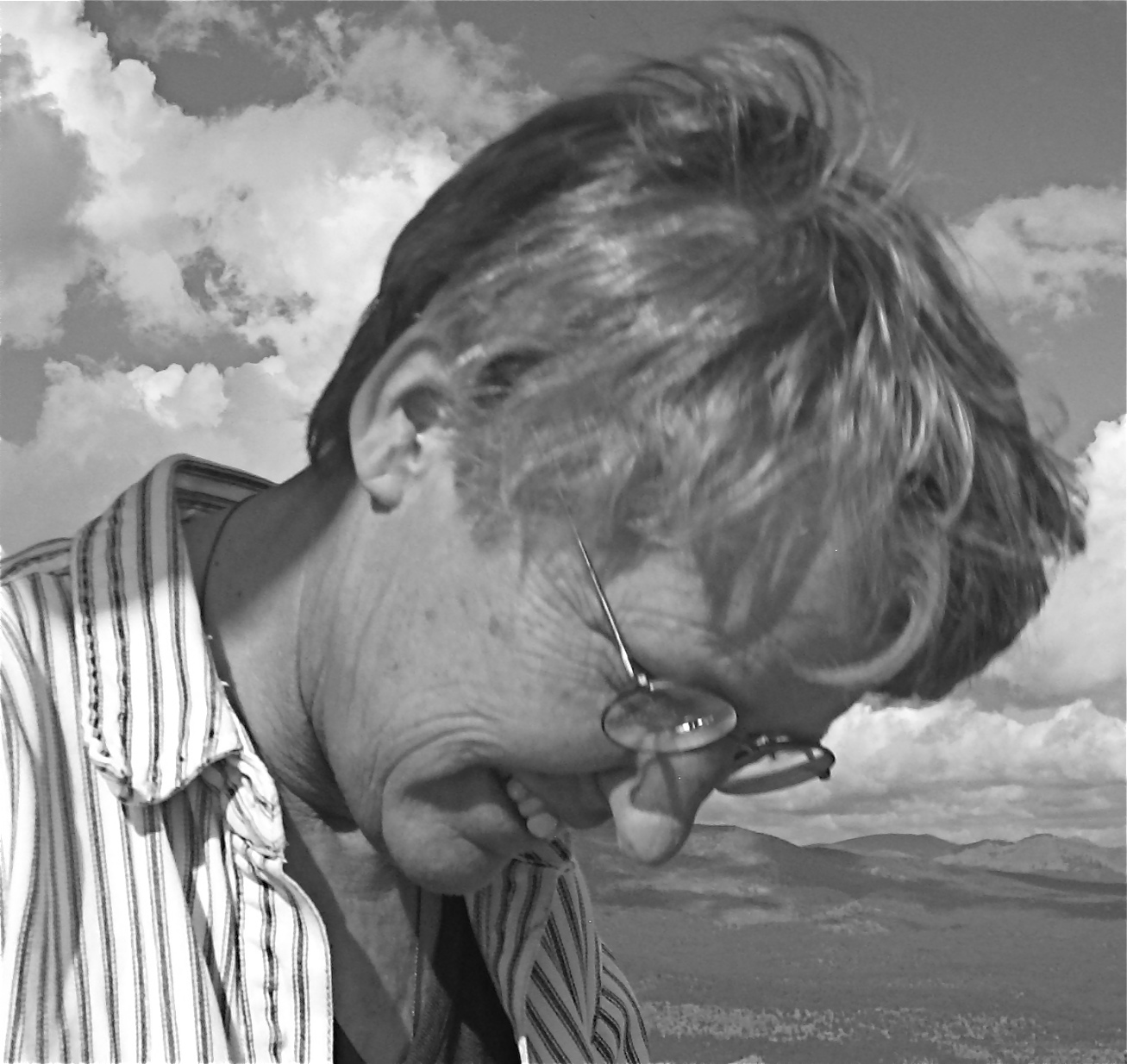One hopes not to have bad things happen, but bad things do eventually and that’s when you’re lucky if you “live in a good place to have bad things happen.”
My path to and from Maine takes me through my sister’s house in northwestern Connecticut. There I have plucked eggs from under the chickens, tapped maple trees to boil sap to syrup, pressed apples for cider and this trip I watched a smart small town respond to the Northeaster of a storm that put 22 inches of snow through trees that hadn’t lost their leaves yet. For hundreds of square miles branches crashed on roads and rooftops and power lines leaving thousands without electricity for more than five days.
No electricity means no power to the pump on your well that brings you showers and drinking water and toilet flushing. It means no power to your TV or your router, so no news unless you have a radio with good batteries. (When the governor on the radio said people could check the power company Web site to find out which towns were back on the grid, there were hoots from the audience.) Many cell phone towers stopped working without backup generators to keep them live and initially few gas stations had generators in place to power pumps.
After I’d driven past miles and miles of downed trees along the interstate in Massachusetts, I came down I-84 into Connecticut and entered a surreal landscape on surface streets in east Hartford where traffic lights swung lifelessly at intersections. I drove with white knuckles hoping others were paying attention to whose turn it was to cross next. I locked my door when traffic stopped inexplicably. People yelled in that edgy way that suggests panic and fear. Uneasy motorists had created lines so long at gas stations that their cars blocked the streets. I drove three blocks in the wrong lane to get around, my teeth gritted with determination to get away from a city without power. I did not like the feel of that many uncertain people in one place. Dodging downed branches on country roads was much simpler than guessing at safety in an edgy city.
On the Eton emergency radio on the kitchen table at my sister’s house I listened to the listing of schools out, Halloween parties cancelled, church suppers called off and where to go to find warmth, water and a charge for your cell phone or computer. Warming Centers is the new word for emergency shelters located in firehouses, schools and VFW halls. I asked my EMT sister why call them that and she said she wasn’t sure, but maybe it made them sound more welcoming. You knew you could come by for an hour of warmth, or a hot meal, or good gossip even if you didn’t need a FEMA cot overnight.
With a woodstove for heat and 10-gallon milk cans filled with water from the firehouse, my sister and her husband weren’t too put out. They often eat by candlelight anyway. We carved pumpkins by kerosene lamplight and made a chorus of orange faces to savor with our snow-chilled gin and tonics. I carved the watermelon I’d had in my truck since Arizona and it gave a wonderful red glare.
I did learn again how much water it takes to flush a toilet as I tipped a bucket over the tank each day to finish my business.
I know in Flagstaff kind and knowledgeable individuals and agencies provide safety when fire and flood chases folks out of homes or snow closes the freeway and travelers need shelter. After spending days without power in the company of good community in Connecticut I’m newly impressed with what people do for each other. I’m going to pay more attention to how help happens now. Volunteers make it work, but who organizes those volunteers?
And now that I’m home again I’m going to get myself a couple of good buckets and maybe for Christmas give myself one of those emergency radios you crank, and I’m also going to think about what webs matter most in my life. It inspired me when the First Selectman/Farmer/Fireman in Cornwall, Conn., paused on the steps of the grade school hosting the Warming Center. A citizen said to him, “It’s great to see the town pulling together.”
“Yes,” he said. “It’s a good place to be when bad things happen.”

